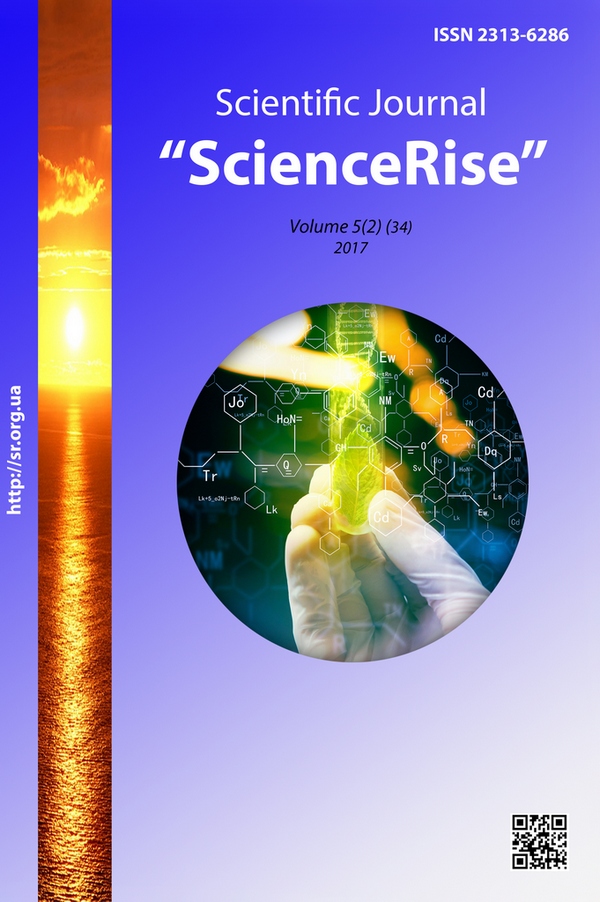Deviant discourse and its transformation at the present stage
DOI:
https://doi.org/10.15587/2313-8416.2017.102350Keywords:
deviance, polar deviance, positive deviance, society, education system, humanization, humanitarizationAbstract
The problem of the polar manifestations of deviance in society is studied. It is established that effective means of correcting the various manifestations of deviance is the education system, the main task of which is formation of an independent creative and socially active personality. The essence and harmonizing peculiarities of positive deviance and its manifestations in society, as well as ways of correcting the deviant deviations by means of education are marked
References
Dyurkgeym, E. (1998). Samoubiystvo: sotsiologicheskiy etyud. Saint Petersburg: Soyuz, 234.
Merton, R. (1990). Moralnyiy vyibor. Moscow: MGU, 188.
Gilinskiy, I. (2007). Deviantologiya: sotsiologiya prestupnosti, narkotizma, prostitutsii, samoubiystv i drugih otkloneniy. Saint Petersburg: Yuridicheskiy tsentr Press, 528.
Toisteva, O. S., Dorohova, T. S. (2010). Deviantnoe povedenie podrostkov v istorii otechestvennoy pedagogiki. Ekaterinburg: Ural. gos. ped. un-t, 139.
Nisimchuk, K., Nisimchuk, A. (2009). Tehnologiyi vihovannya: moralno-etichniy aspekt. Lutsk: Tverdinya, 180.
Gershunskiy, B. S. (1998). Filosofiya obrazovaniya dlya XXI veka. Moscow: Sovershenstvo, 608.
Boyko, A. I. (2009). Filosofiya modernizасii osviti v sisztemi rinkovih transformatsiy. Svitoglyadno-filosofskiy analiz. Kyiv: Znannya Ukrayini, 379.
Bibler, V. S. (1990). Ot naukoucheniya k logike kultury: Dva filosofskih vvedeniya v dvadtsat pervyiy vek. Moscow: Politizdat, 413.
Mischiha, L. P., Dem'yanchuk, S. P. (2008). Kreativniy produkt u strukturi tvorchoi diyalnosti osobistosti. Zbirnyk naukovykh prats: filosofiya, sotsiolohiya, psykholohiya, 13 (1), 11–13.
Amabayl, T. M., Leonard, D., Reyport, Dzh. (2011). Kreativnoe mushlenie v biznese. Moscow: Al'pina Biznes Buks, 227.
Downloads
Published
Issue
Section
License
Copyright (c) 2017 Olena Karanfilova

This work is licensed under a Creative Commons Attribution 4.0 International License.
Our journal abides by the Creative Commons CC BY copyright rights and permissions for open access journals.
Authors, who are published in this journal, agree to the following conditions:
1. The authors reserve the right to authorship of the work and pass the first publication right of this work to the journal under the terms of a Creative Commons CC BY, which allows others to freely distribute the published research with the obligatory reference to the authors of the original work and the first publication of the work in this journal.
2. The authors have the right to conclude separate supplement agreements that relate to non-exclusive work distribution in the form in which it has been published by the journal (for example, to upload the work to the online storage of the journal or publish it as part of a monograph), provided that the reference to the first publication of the work in this journal is included.

